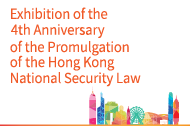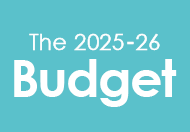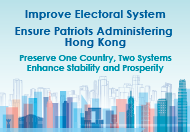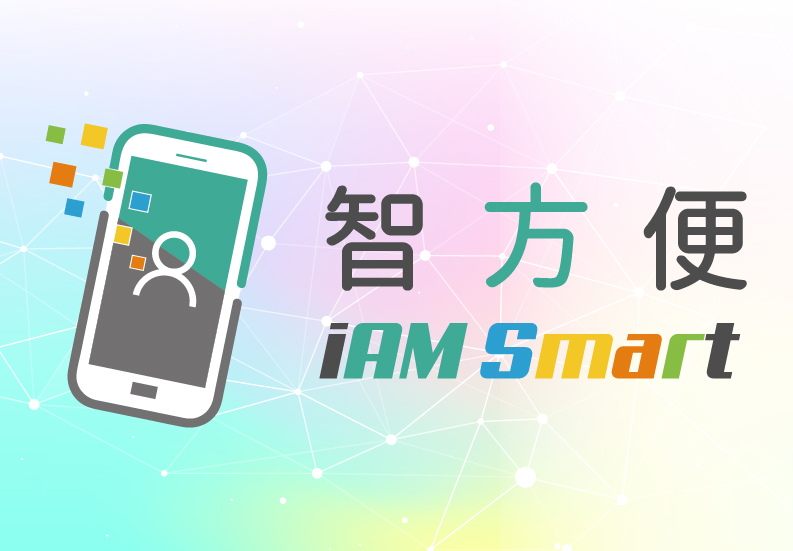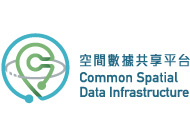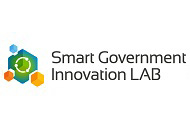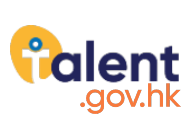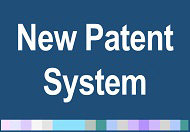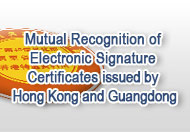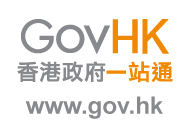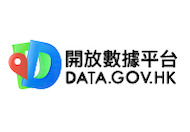
Enhancing Trade Statistics Compilation Through Artificial Intelligence

In the era of big data, the Census and Statistics Department (C&SD) has leveraged artificial intelligence (AI) and data science to enhance operational efficiency and improve the quality of its statistical services. Processing around 70,000 import/export declarations daily for compiling external merchandise trade statistics, C&SD faces the complex task of verifying millions of commodity classifications and declared unit values, traditionally relying on extensive manual review of free-text descriptions.
Since 2018, C&SD has pioneered the use of AI models to analyse unstructured data. By employing deep learning algorithms trained on millions of labeled commodity descriptions, C&SD has utilised internal resources and expertise to develop an automated system for commodity coding and unit value anomaly detection. This innovative approach has significantly reduced manual checks and improved data quality. During the pandemic, the system ensured smooth routines despite severe manpower constraints, especially in the period when special work arrangements for government employees were implemented and a portion of staff had been arranged to work from home as far as possible.
By early 2024, C&SD had incorporated this technology into its workflows, achieving a remarkable 40% reduction in manpower for manual checking procedures. This efficiency gain enabled the reallocation of resources to establish two strategic branches: the Data Science Branch and the Social Data Development Branch. This positions C&SD to strengthen its capabilities in analysing big data and capitalising on digital transformation opportunities, with a view to delivering more sophisticated statistical analyses and higher quality of statistical services across various domains.
Please click here for a full list of trade-related as well as other statistics.
[Acknowledgement to the C&SD for providing material for the story.]

Business facilitation measures under the programme would bring benefits in the following areas
Be the Smart Regulator Programme
Launched in 2007, the “Be the Smart Regulator” Programme aims to improve the efficiency, transparency and business-friendliness of licensing regime, with a view to relieving the compliance costs and administrative burdens of business sectors.
Know More







